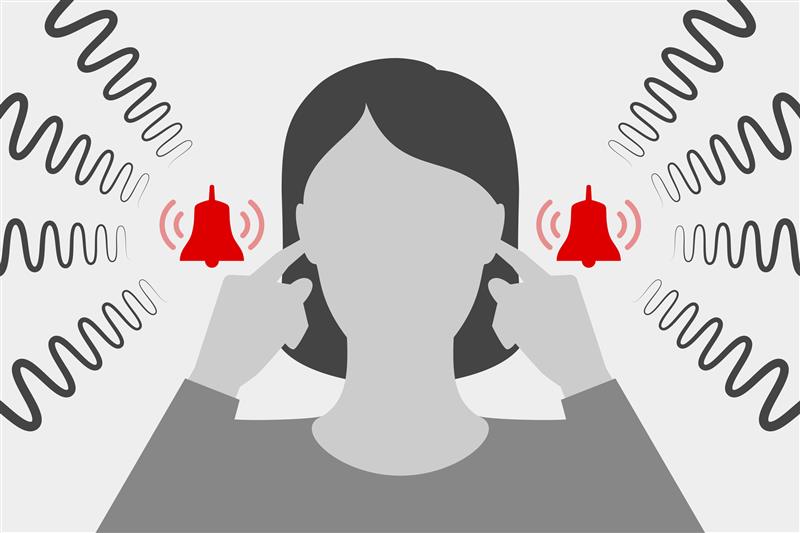Are you or a loved one hearing ringing, buzzing, whooshing, or other sounds in your ears or head that nobody else can hear? If so, you’re not alone. You may be experiencing tinnitus, a condition that affects over 25 million adults in the United States.
Tinnitus is the perception of sound when there is no external noise present. While it’s commonly referred to as “ringing in the ears,” tinnitus can manifest in various ways, including buzzing, hissing, whistling, swooshing, and clicking sounds. In rare cases, people with tinnitus may even hear music. It can be a temporary or ongoing condition, classified as acute or chronic.
Tinnitus is a prevalent health condition in the United States, with millions of Americans affected by it. The National Institute on Deafness and Other Communication Disorders (NIDCD) estimates that approximately 10% of American adults, which is over 25 million people, experience some form of tinnitus. Out of those, around 5 million find it burdensome and chronic, while 2 million consider it debilitating.
There are two types of tinnitus:
- Subjective Tinnitus: This type of tinnitus involves noises that only the affected person can hear. It is often associated with auditory and neurological reactions to hearing loss, but it can also be caused by various other factors. Subjective tinnitus accounts for more than 99% of reported cases.
- Objective Tinnitus: In this type, both the patient and other people can hear the sounds. These noises are usually generated by the body’s circulatory and musculoskeletal systems, such as blood flow or muscle movement. Objective tinnitus is very rare, accounting for less than 1% of total tinnitus cases.
Here are some common catalysts for tinnitus:
- Hearing Loss: Tinnitus is often accompanied by sensorineural hearing loss. It can be caused by age-related hearing loss (presbycusis), which involves the loss of high-frequency sounds, or noise-induced hearing loss resulting from exposure to loud noises.
- Obstructions in the Middle Ear: Blockages in the ear canal, such as excessive earwax, head congestion, loose hair, dirt, or foreign objects, can cause pressure and irritation that lead to tinnitus symptoms.
- Head and Neck Trauma: Injuries to the head or neck can cause nerve, blood flow, and muscle issues that result in tinnitus. Patients who attribute their condition to such trauma often experience higher tinnitus volume and perceive greater burden and variability in sound, frequency, and location.
- Temporomandibular Joint Disorder: Dysfunction in the temporomandibular joint (TMJ), which connects the lower jaw to the skull, can cause tinnitus. Damage to the TMJ’s muscles, ligaments, or cartilage can lead to tinnitus symptoms. Treating the TMJ disorder can often reduce tinnitus symptoms.
- Sinus Pressure and Barometric Trauma: Nasal congestion from a severe cold, flu, or sinus infection can create abnormal pressure in the middle ear, affecting normal hearing and causing tinnitus symptoms. Additionally, rapid changes in air or water pressure, as experienced in diving, flying, or explosive blasts.
Tinnitus itself is not a disease but a symptom of an underlying health condition, and is often a reaction in the brain to damage in the auditory system. Although tinnitus is commonly associated with hearing loss, there are approximately 200 different health disorders that can cause tinnitus as a symptom. It is essential to consult a physician or hearing health professional to undergo a thorough examination to diagnose the underlying cause of your symptoms. Resolving the root cause may alleviate the symptoms of tinnitus in some cases.
Help and hope
If you’ve been suffering from the unwelcome symptoms of tinnitus, Beltone is here to tell you that there are options to seek relief, and in some cases, identifying the root problem can remove symptoms entirely. With 1500 locations nationwide, finding relief is just around the corner.
